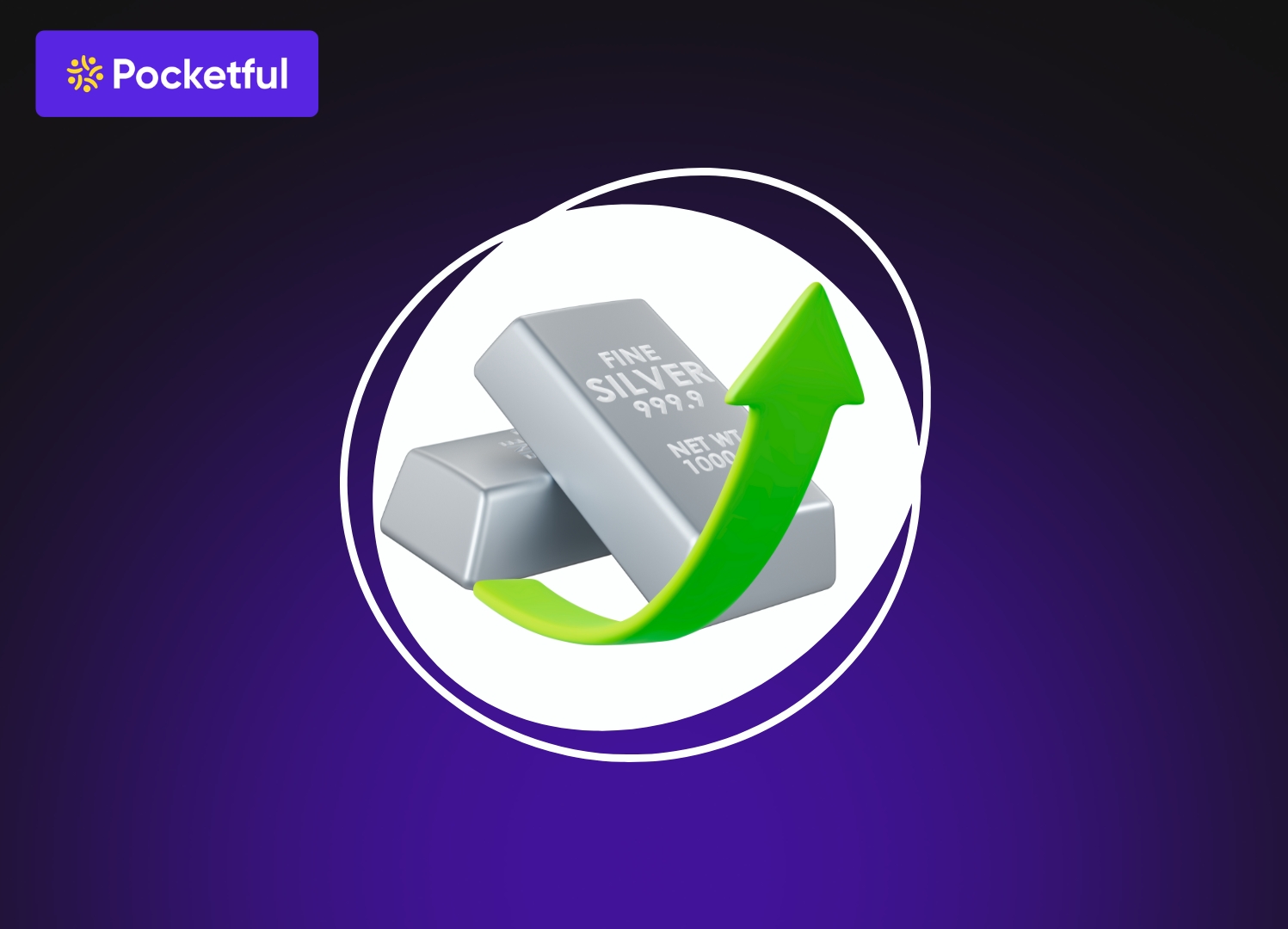Gold prices have recently touched INR 1,80,000, making a lifetime high. It has started gaining the attention of Indian investors as to what could be the possible reasons behind such a drastic increase in the price of Gold.
In today’s blog post, we will give you an overview of the key reasons behind the rise in the price of Gold.
Gold Prices Today
Gold prices have recently reached the level of ₹1,80,000 per 10 grams. The prices have increased because of various factors. Investors are worried about whether to invest now or wait for a correction. However, in the short run, the prices might show some correction because of profit-booking, but in the long run, they will rise.
Why Gold Prices Cross ₹1,80,000
The key reason why gold prices have risen and crossed ₹1,80,000 is as follows:
1. Uncertainty in the Global Market
The key reason behind the increase in the price of gold is the global uncertainty. Whenever in the world geopolitical tension rises or the financial conditions become unstable, investors look for a safer investment option, which primarily includes gold. This tends to increase the demand for gold across the world and eventually pushes the prices higher.
2. Trade Risk
Recently, the world has been slowly entering into a trade war zone, few countries are imposing huge tariffs on other countries. It increases the trade-related risk. Hence, such conditions and trade-related disputes will put countries into financial debt. Due to this, investors are shifting their investments into gold.
3. Import Cost and Rupee Depreciation
India is partially an import-oriented country, and it also imports gold from different countries in order to meet the domestic demand. And when the Indian Rupee is depreciating against the US dollar, the importing cost will rise, which will directly push the domestic price of gold upside down.
4. Increasing Demand
Central banks across the world are reducing their dependency on the US dollar, and they are purchasing gold in order to increase their gold reserves. The supply of gold is limited, and this long-term demand is pushing the prices higher. Based on several reports in 2024-2025, major central banks across the world have collectively purchased around 1000 tonnes of gold.
5. Lower Interest Rate
As central banks across the world are decreasing the interest rates, this makes the bonds and fixed deposit investment options less attractive, and investors move towards gold as it becomes an attractive investment option.
6. Market Volatility
During the volatility in the stock market or any economic slowdown, it has been observed that gold has performed exceptionally well. Hence, institutional investors considered gold as an economic insurance.
Performance of Gold Funds
| Funds | Net Assets (Cr) | 1 Yr Return (%) | 3 Yr Return (%) | Expense Ratio (%) | NAV as on 26th Jan 2026 | 52-Week High NAV | 52-Week Low NAV | Exit Load (Period) | Fund Manager (Tenure) |
|---|---|---|---|---|---|---|---|---|---|
| Nippon India ETF Gold BeES | 39,901 | 90.25 | 37.71 | 0.8 | 149.36 | 149.36 | 78.93 | — | Akshay Udeshi (2.4), Ritesh Patel (3) |
| HDFC Gold ETF | 18,488 | 88.65 | 37.87 | 0.59 | 127.38 | 127.38 | 67.26 | — | Vikram Dhawan (3.9) |
| ICICI Prudential Gold Exchange Traded Fund | 17,769 | 90.77 | 37.37 | 0.5 | 58.68 | 58.68 | 31.26 | 1.00 (15) | Himanshu Mange (2.1) |
| SBI Gold ETF | 17,401 | 90.33 | 37.09 | 0.7 | 299.75 | 299.75 | 87.46 | — | Vikram Dhawan (4) |
| Kotak Gold ETF | 12,162 | 90.47 | 37.27 | 0.55 | 46.22 | 47.13 | 13.86 | 1.00 (15) | Jitendra Tolani (1) |
Effect of Increased Prices
The increased prices of gold can significantly impact the investors, the economy, and jewellery shop owners in the following manner:
On Investors
- Gold acts as a hedge against inflation, economic uncertainties, and volatility in the stock market.
- Investors who hold gold at a lower price can enjoy capital appreciation as the prices increase.
On Jewellery Shoppers
- Due to the higher gold prices, price-sensitive buyers tend to avoid purchasing gold.
- The jewellery shop owners will require more working capital to maintain inventory.
On Economy
- Due to an increase in gold prices, import costs will rise, which will eventually increase the country’s trade deficit.
- Because of the higher import of gold, which means more dollars are needed, this can weaken the Indian rupee.
Read Also: Why Are Gold Prices Rising in India?
Conclusion
On a concluding note, gold has touched the price of 1,80,000 INR and marks a historic moment for Indian markets. But there are various factors which are pushing the prices higher, such as geopolitical tension, market volatility, weak Indian rupees, etc. Every investor is worried about whether to invest now or wait for a correction. In this case, the correct method is to make strategic allocation based on risk profile, and through SIPs. Short-term corrections are expected due to profit booking, but the overall trend will be on the higher side. But it is always advisable to consult your investment advisor before making any investment decision.
Start your investing journey in metals with Pocketful – low brokerage, advanced analysis, and powerful charts, all in one app.
Frequently Asked Questions (FAQs)
Why are Gold prices increasing?
The key reasons for increasing gold prices are increasing geopolitical tensions, trade tariffs, stock market volatility, increasing demand for gold, etc.
How can a weak INR impact the gold price?
A weak INR can significantly rise the gold prices as India primarily imports gold, and weaken rupee will increase the importing cost of gold.
Can the gold price fall in the near future?
Yes, gold prices might see some correction in the short-run because of profit booking.
What are best method to invest in gold?
The best method to invest in gold is digital gold, which includes gold mutual funds, gold ETFs, SGBs, etc.
How can I invest in gold ETFs?
To invest in gold ETFs, one is required to have a demat and trading account, and it can be purchased during market hours on the exchange. One can easily open a lifetime free trading and demat account with Pocketful, as it also offers free brokerage on delivery trades.










